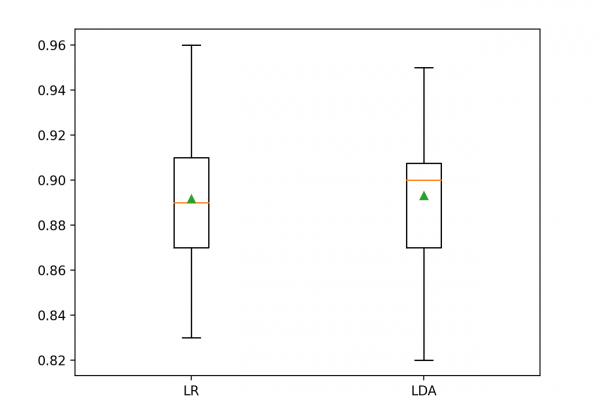Arithmetic, Geometric, and Harmonic Means for Machine Learning
Last Updated on August 19, 2020 Calculating the average of a variable or a list of numbers is a common operation in machine learning. It is an operation you may use every day either directly, such as when summarizing data, or indirectly, such as a smaller step in a larger procedure when fitting a model. The average is a synonym for the mean, a number that represents the most likely value from a probability distribution. As such, there are multiple […]
Read more

